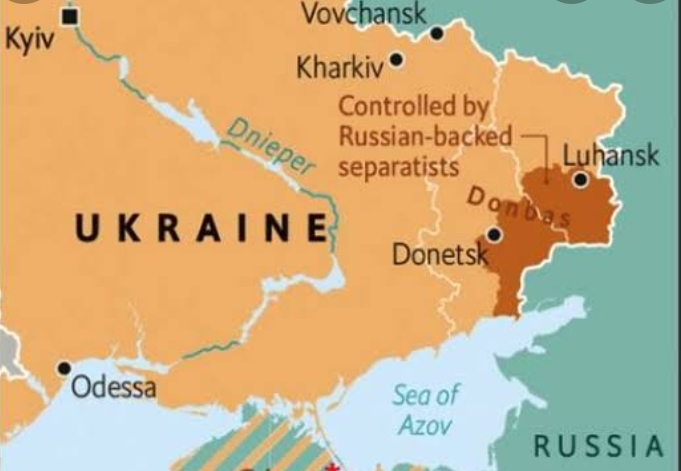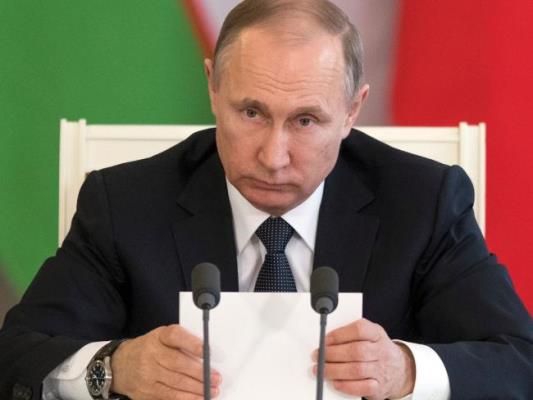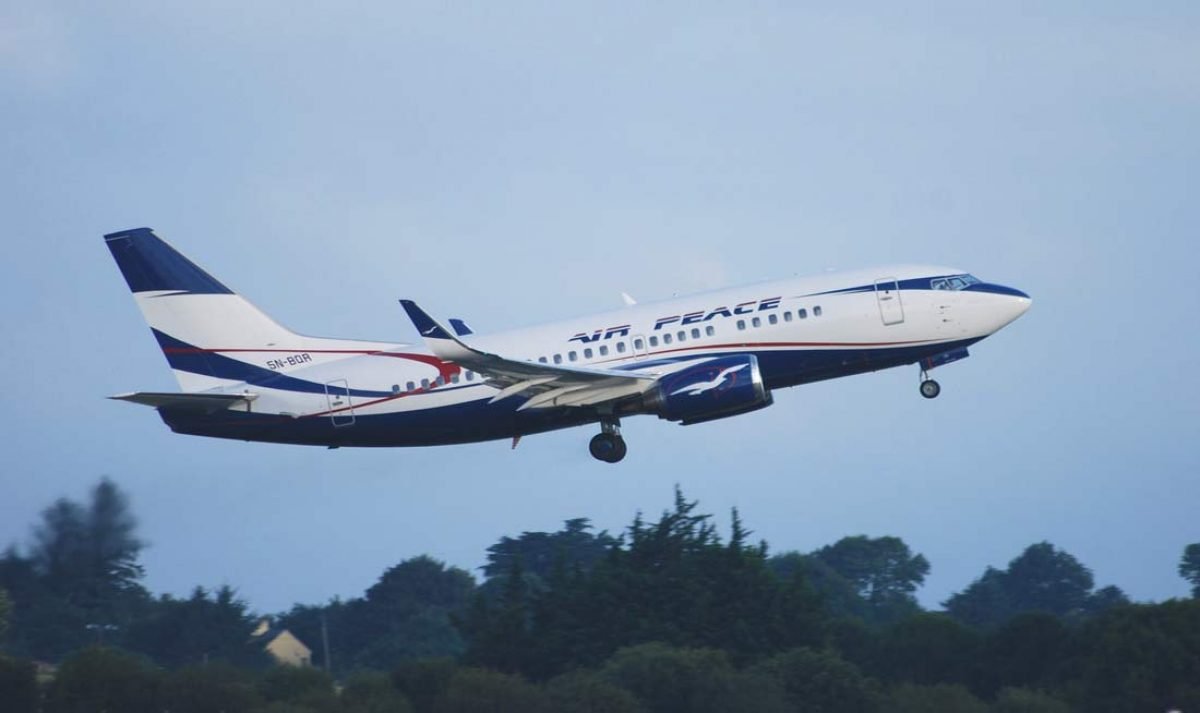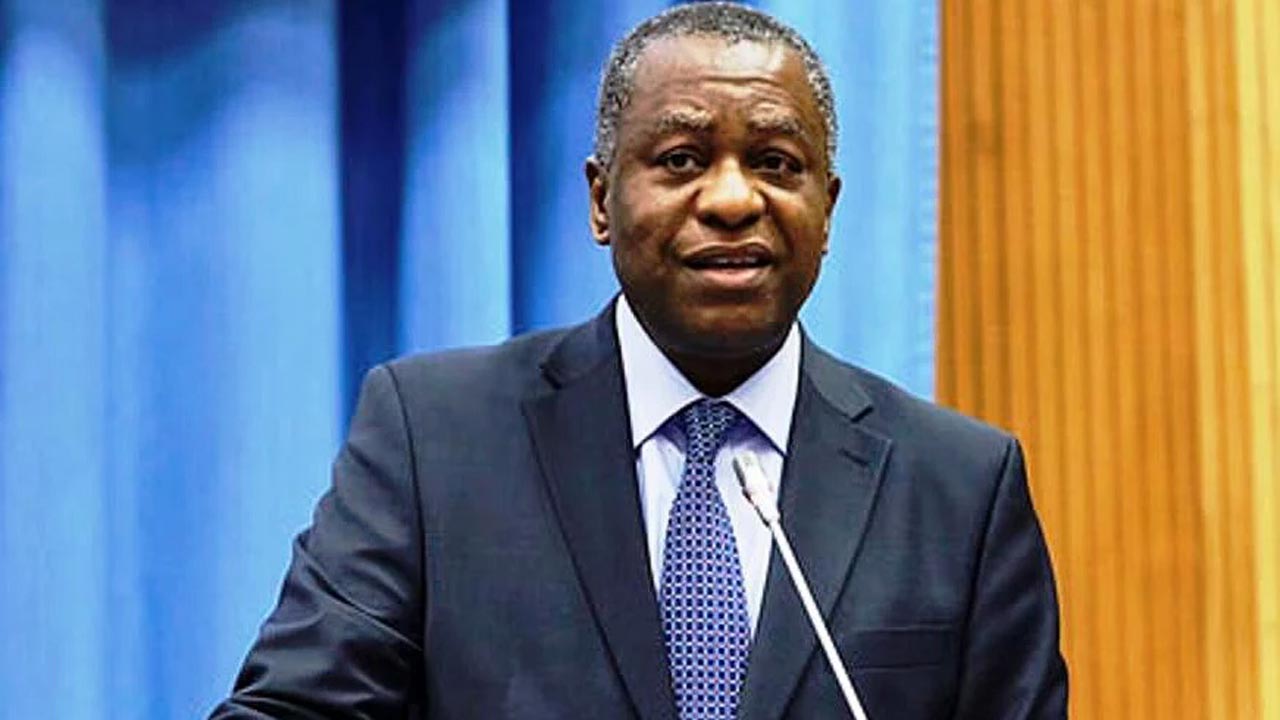By Azu Ishiekwene
War is messy and never fails to spread responsive misery. When Adolf Hitler asked for safe passage to East Prussia through the Polish corridor and also for the occupied port of Danzig, not many could have imagined that it would spiral into a world war that would cost 85 million lives and leave an unspeakable trail of devastation in its wake.
More than one million Africans died. They were not in Danzig, Berlin or London. They had no idea what Hitler’s request was or why Britain refused to listen to him. They were enlisted for the war by force from Nigeria to Burkina Faso (then Upper Volta), and from Senegal to the Democratic Republic of Congo. On the 75th anniversary of that war two years ago, the few survivors on the continent still bore the scars like yesterday, yet not knowing the reason they went to fight in the first place.
There has been nothing like that ever since. On the whole, large scale conflicts have declined even though Iraq, Syria, Darfur and Yemen remind us that the world is never too far away from the base instincts that invited the past atrocities.
Exaggerated comparisons of Russian President Vladimir Putin and Hitler have surfaced since the outbreak of hostilities between Russia and Ukraine. But let’s be clear, Putin is not Hitler.
What is not in doubt, however, is that after decades of Russian humiliation following the collapse of the Soviet empire, Putin has been obsessed with the glory of a Russian past which Europe and America have not only stirred but inflamed by aggressively besieging the wounded bear.
It’s a bit like the Treaty of Versailles all over again. After defeating Germany during the First World War, the Allies were not content to impose heavy retribution, including the excision of the mineral rich regions of Alsace and Lorraine from Germany. They went ahead to impose a financial penalty of £6.5 billion on Germany, which would have taken the country decades to repay. The victor wanted the vanquished vanquished, never again to rise.
The crushing weight of that humiliation was too much for the Germans to bear. The result, of course, was Hitler and the Second World War.
The West may not have imposed heavy financial costs on Russia after the collapse of USSR, but Putin, who was at that time an officer in the KGB, saw, first hand, the humiliation that followed the collapse of his country, the triumphalism of the West and its relentless efforts since to crush whatever is left of Russia’s pride and spirit.
That is the source of Putin’s rage. Of course, to understand it is not to excuse or justify the current invasion. But to ignore it as the West has mockingly done, is foolish.
Putin insists that after the former Soviet Union broke up into 15 states, there was an agreement between President Mikhail Gorbachev and the West that NATO will not expand East. NATO has denied the existence of such an agreement, but has barely hidden its subversive encouragement in bringing three countries under the former Soviet Union into its fold, virtually encircling Russia. For Putin, the invasion of Ukraine is his last stand, his push, after Crimea, for Russia’s modern-day Danzig.
How is that any of Africa’s business?
There have been noises here and there, including, in fact, the threat of sanctions against Russia by a few African countries. The strongest argument from Africa against the invasion is perhaps the one by Kenyan diplomat, Martin Kimani, to the UN: “This situation,” he said, “echoes our history. Kenya and almost every African country, was birthed by the ending of an empire. Our borders were not of our own drawing. They were drawn in the distant colonial metropoles of London, Paris and Lisbon.”
Kimani was right about that historical fact. However, the truth now as it was in 1884 during the scramble for and partition of Africa, is that in spite of the significant progress that the world has made to establish a rules-based system, the strong, in pursuit of self-interest, will continue to lord it over the weak.
African states are content to leave the colonial boundaries largely untouched not because they love good neighbourliness any less than Israel loves its Arab neighbours, for example, against whom it has waged one of the longest, bloodiest modern-day wars. Unlike Israel, however, perhaps many African countries do not feel sufficiently threatened by their neighbours or even where such threats may exist, the consequences of aggressive expansion far outweigh the benefits of remaining within their present borders.
In short, Africa has remained what it is because of the lack of capacity among its state actors to exact any meaningful change in its border status however much they may desire it.
In 2006, for example, Nigeria chose peace instead of war with Cameroun over the Bakassi Peninsula dispute not only because the judgement of the International Court of Justice was unfavourable, but more importantly, because it knew that the negative consequences of taking Bakassi by force far outweighed the benefits. Cameroun, just like the other Francophone states in the subregion, has a defence pact with France which might have been activated if Nigeria, or any other aggressor, attacked.
It’s not because Morocco loves Saharawi Arabs or out of deference for the original Spanish-drawn boundaries that it has been unable to seize the territory after decades of a bloody conflict; no. It’s simply because Rabat has lacked the military capacity to enforce and maintain its will.
What Putin is doing is insane, reprehensible and extremely dangerous but both Putin and those who oppose him in the West bear collective responsibility for the horror playing out in Ukraine today. At a time when Ukrainians ought to start getting their lives back after nearly 20 years of corrupt oligarchic reign, followed by a genuine yearning for change which brought Volodymyr Zelensky to power three years ago, the West has escorted Ukraine into a war it will not recover from in a long time.
African speeches must not cut the US or its Western allies any slack. Cuba was exercising its democratic right as an independent country in 1962 when it permitted the USSR to place missiles on its soil. But President John F. Kennedy said it was over his dead body that this would happen in his backyard. He threatened war until Nikita Khrushchev removed the missiles and pulled back from what would have been the world’s first nuclear war.
According to American historian, Christopher Kelly, and British historian, Stuart Laycock, the US has invaded or fought in 84 countries of the 193 countries recognised by the UN and has been militarily involved with 191 of the 193.
A story in the Washington Post in March 2016 not counting America’s familiar atrocities, said the US government tried to change other countries’ governments 72 times during the 45-year-long Cold War, an average of more than one every year, possibly earning itself the title of history’s all-time meddler-in-chief. And of course, the consequences of the atrocities of the US and its allies whether in Iraq, Afghanistan or Libya, have not always been pretty.
But I’m concerned here about what Russia’s invasion could mean for Africa, especially thousands of students from the continent currently schooling in Ukraine. Although the statistics are scanty, there are reports of at least 8,000 Moroccans and 4,000 Nigerians studying in Kiev and other Ukrainian cities, a good number of them in the medical sciences.
Unfortunately for these students, their leaders back home will not be in any of the major European capitals where the decisions already being taken to resettle refugees prioritise “Ukrainian Europeans” over other nationalities. Even before the shooting war started, other countries had taken advantage of intelligence and early warning systems to evacuate their citizens and minimise the disruption to their lives.
Africa, with perhaps the weakest capacity for a nimble response, waited till war broke out before acting. And yet, this task, far less mundane than contemplating the redrawing of its boundaries, reveals just how hopelessly incompetent the continent’s leaders can be in figuring out their own self-interest.
Russia knows why it is invading Ukraine, in spite of global condemnation and the unprecedented sanctions it must endure: it is self-interest. And the US and its allies know why in spite of their frustration and anger, they can only watch Russia invade from the sidelines: it is self-interest.
As for Africa, the restriction of colonial boundaries is not the only reason it is often confused about its self-interest. Years of mental slavery, poor cultural attitudes, weak and heavily dependent institutions and poor leadership have combined to create boundaries of iron worse than anything that drawers of the geographical boundaries contemplated.
What’s Africa’s interest in Ukraine? A bit more history could be of service in the continent’s quest for an answer.
Ishiekwene is the Editor-In-Chief of LEADERSHIP



